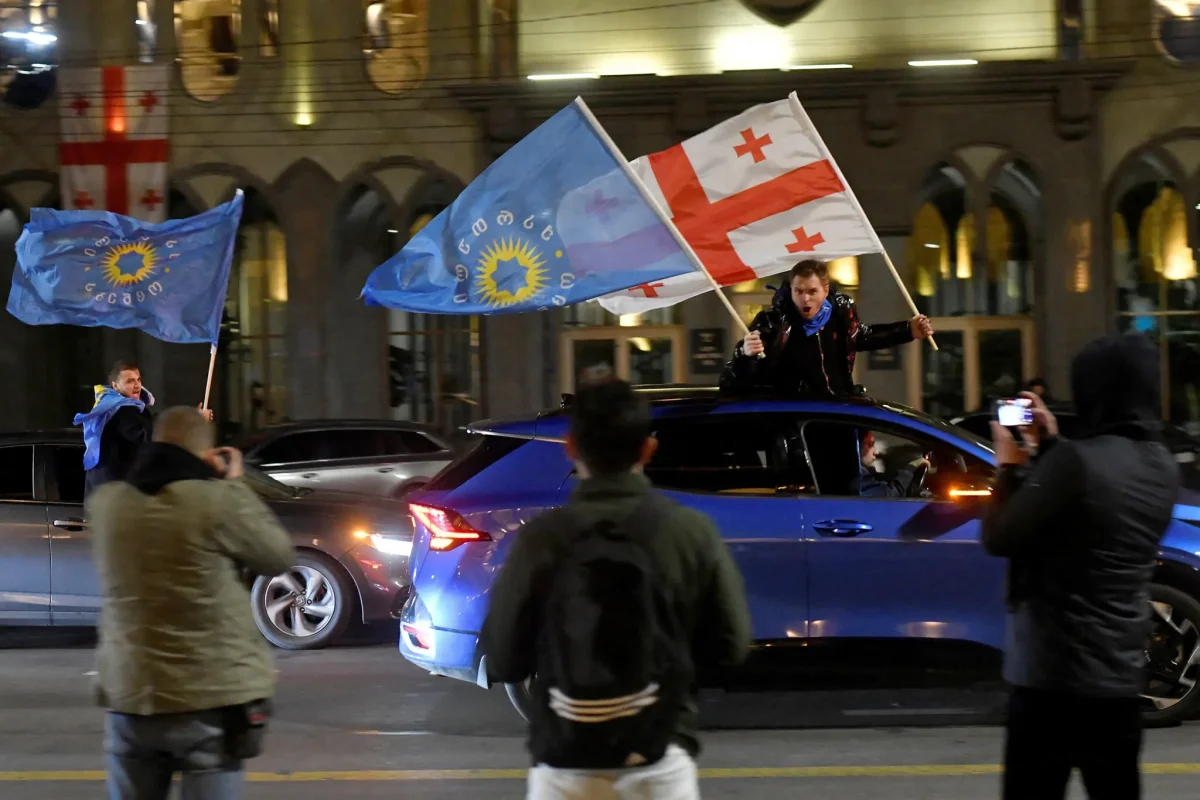Sitting across from me, in her humble home, Sonia Lewdeniya asked me if I would like to try some of her home-made Sri Lankan naan. Before I could respond, she stood up, warmed up her ten year old stove, and fried her home-made dough in a small frying pan.
Sonia is one of the many guest workers in Cyprus who are victims of systematic work exploitation. Guest workers are routinely cheated out of fair wages and are subjected to long work hours.
“I never have time for me. I wake up, I go to work, I eat, I work some more, and then I sleep. That is my life. I work 14 hours a day and what do I get? Only 300 euros per month,” Sonia said.
The sad truth is that Sonia is only one of the many who are subjected to this type of living conditions. Ever since 1991, when the Cypriot government issued its first working permits, guest worker exploitation has become the new norm. According to the Cyprus Civil Ministry and Migration Department, the number of complaints concerning exploitation and abuse increased from 443 to 530 between the years of 2005 and 2010.
Sonia never expected life in Cyprus to be like the one she is currently experiencing. “But what can I do? I need this money for my family. At least it’s something. It’s more than I would be making in Sri Lanka,” she said.
Money has become the main incentive for guest workers. In countries that are war-torn or overwhelmed by poverty, people are scrambling to find a source of income. With huge unemployment rates, they leave the only place they know as home in search of a better life. As a result, Cyprus has seen a large influx of guest workers looking for a better life primarily from countries in South-East Asia and Eastern Europe.
Shamali, a Sri Lankan friend of Sonia, came to Cyprus to give her family a better life. “I came for my children. For the money. For my parents. I left my husband and my girl to be able to send [back] money to provide them with a better health, education, and life. To bring love to their lives, ” she said.
With these new-found hopes and goals in mind, guest workers are determined to succeed in Cyprus. However, often times, the extremity of their exploitation reaches the point where their emotional and physical health are at risk.
Soumya Sebastian, an Indian guest worker, has frequently felt like she was going to faint because of harsh working conditions.“My madam will not give me Sunday off. She makes me go to the beach in 42℃ weather [around 110℉]. She [gave] me no water, no shade. I sit under hot sun. My head hurts. I feel dizzy” Soumya said.
Guest workers are afraid to speak out against their harsh work conditions as they fear that their sponsor will deport them back to their home country. Under the regulations of the guestworker visa program, foreign workers are required to forfeit all their legal documents, such as passports and IDs, to their sponsor when they arrive in Cyprus. As a result, a sponsor can at any point in time decide to extradite the guest worker, and in turn, destroying their hopes of a better life for their family.
Pushpa Iranganee, another Sri Liankan guest worker, went to the Cyprus Red Cross to ask for legal advice to help her escape from her abusive sponsor. “I can’t just ask them for a day-off on Sunday or higher wages. I can’t. My madam has already threatened to have me deported back to Sri Lanka. They will send me back. What will happen to my son, my daughter? That is the only reason I stay with my madam,” she said while crying.
As of now, the Cyrpus Red Cross is the only organization that is actively seeking to improve guest workers conditions. They give free legal counsel to guest workers while also providing them with free food and clothes. Their commitment to the betterment of guest workers lives create a sharp contrast to what typical native Cypriots think.
Demitris Phylactou, the Cyprus Red Cross’ Program Officer, explained that without the Red Cross’ help, many guest workers would be left homeless and hungry.
The sad reality remains that this humanitarian crisis is completely disregarded and unknown to others. While this exploitation of guest workers is very pertinent in particular to Cyprus, many other countries employ similar guest worker programs. Countries like the U.S., Canada, Taiwan, Singapore, and a great number of European countries, including the U.K., France, Poland, and Austria, also use them.
In all these places, the natives exploit the guest workers’ desire and desperation to provide a better life for their families. The guest workers in these other countries are rendered voiceless just like the ones in Cyprus. This problem is truly universal.
All workers, regardless if they are natives or foreign, deserve fair wages, reasonable work hours, and ultimately, humane treatment. The first step towards change is to give a voice and listen to the once voiceless guest worker — to hear their concerns, their struggles, and their wants. The next, and more challenging step, is to create comprehensive immigration reform to address and better their condition.
Never underestimate the power you have to create change. Take Martin Luther King Jr. for example. He was one man who gave birth to a movement that completely transformed the history the U.S.
By: Marianna Ioannou


































































